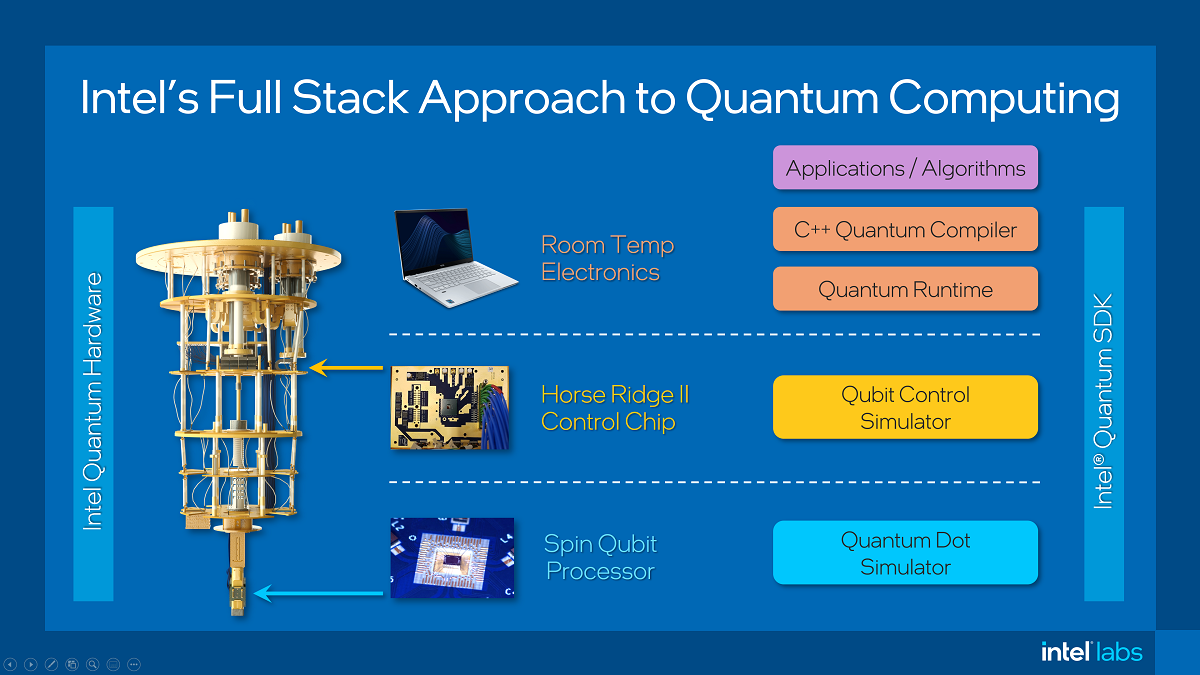In the ever-evolving realm of technology, one field that has garnered significant attention in recent years is quantum computing. Promising to usher in a new era of computation, quantum hardware has become the focal point of research and innovation. In this blog post, we’ll take a deep dive into the fascinating world of quantum hardware and explore how scientists and engineers are working tirelessly to build powerful quantum processors that could reshape the future of computing.
Understanding Quantum Computing
Before we delve into the intricacies of quantum hardware, it’s essential to grasp the fundamental concepts of quantum computing. Traditional computers, which operate using classical bits (0s and 1s), perform calculations sequentially. Quantum computers, on the other hand, leverage the principles of quantum mechanics to operate using quantum bits or qubits.
Unlike classical bits, qubits can exist in multiple states simultaneously, thanks to a phenomenon called superposition. This enables quantum computers to perform complex calculations much faster than classical computers. Additionally, qubits can be entangled, allowing them to be correlated in ways that classical bits cannot. This property of entanglement is crucial for solving certain types of problems efficiently.
The Quantum Hardware Challenge
While the potential of quantum computing is awe-inspiring, building a practical quantum computer is an incredibly challenging task. The core of any quantum computer is its quantum processor, which is composed of qubits and the hardware needed to manipulate them. Several key challenges must be overcome to create a powerful quantum processor:
Qubit Stability
Qubits are notoriously delicate and susceptible to external disturbances. Maintaining their coherence and preventing errors caused by noise is a significant challenge. Researchers are continually developing methods to increase qubit stability, such as using error-correcting codes and advanced cooling techniques.
Scalability
To be truly useful, quantum processors must be scalable. This means that as the number of qubits in a quantum computer increases, the hardware and software must be able to handle the increased complexity. Achieving scalability is a critical goal for quantum hardware developers.
Error Correction
Quantum hardware must contend with errors introduced during qubit operations. Quantum error correction codes and fault-tolerant techniques are essential to mitigate these errors. Building robust error correction mechanisms is essential for making quantum processors reliable.
Quantum Interconnects
For large-scale quantum processors, the ability to connect and communicate between qubits is vital. Quantum interconnects that allow qubits to interact with one another while preserving their quantum states are an active area of research.
Recent Breakthroughs in Quantum Hardware
Despite the challenges, there have been significant breakthroughs in quantum hardware development in recent years. Some notable achievements include:
Quantum Supremacy
In 2019, Google’s quantum computer, Sycamore, achieved a milestone known as quantum supremacy. This means that it performed a specific task faster than the most advanced classical supercomputers. While the task itself may not have immediate practical applications, it demonstrated that quantum computers are indeed capable of surpassing classical counterparts.
Quantum Error Correction
Research into quantum error correction has made substantial progress. Scientists have developed powerful error-correcting codes that can protect qubits from noise and errors, making quantum processors more reliable.
Scalable Architectures
Several companies and research institutions are actively working on scalable quantum processor architectures. They are exploring various approaches, including superconducting qubits, trapped ions, and topological qubits, to create quantum processors with hundreds or even thousands of qubits.
The Road Ahead
As we look to the future of quantum hardware, it’s evident that progress is rapid, and the possibilities are boundless. Quantum computers have the potential to revolutionize fields such as cryptography, drug discovery, optimization, and more. However, building powerful and practical quantum processors remains a formidable challenge.
In conclusion, quantum hardware is at the forefront of technological innovation, poised to reshape the computing landscape. While there are substantial challenges to overcome, the recent breakthroughs and ongoing research indicate that we are on the cusp of a quantum computing revolution. The journey to building powerful quantum processors is an exciting one, and it promises to unlock unprecedented computational capabilities that will transform our world. Stay tuned for more exciting developments in the world of quantum computing and quantum hardware.


